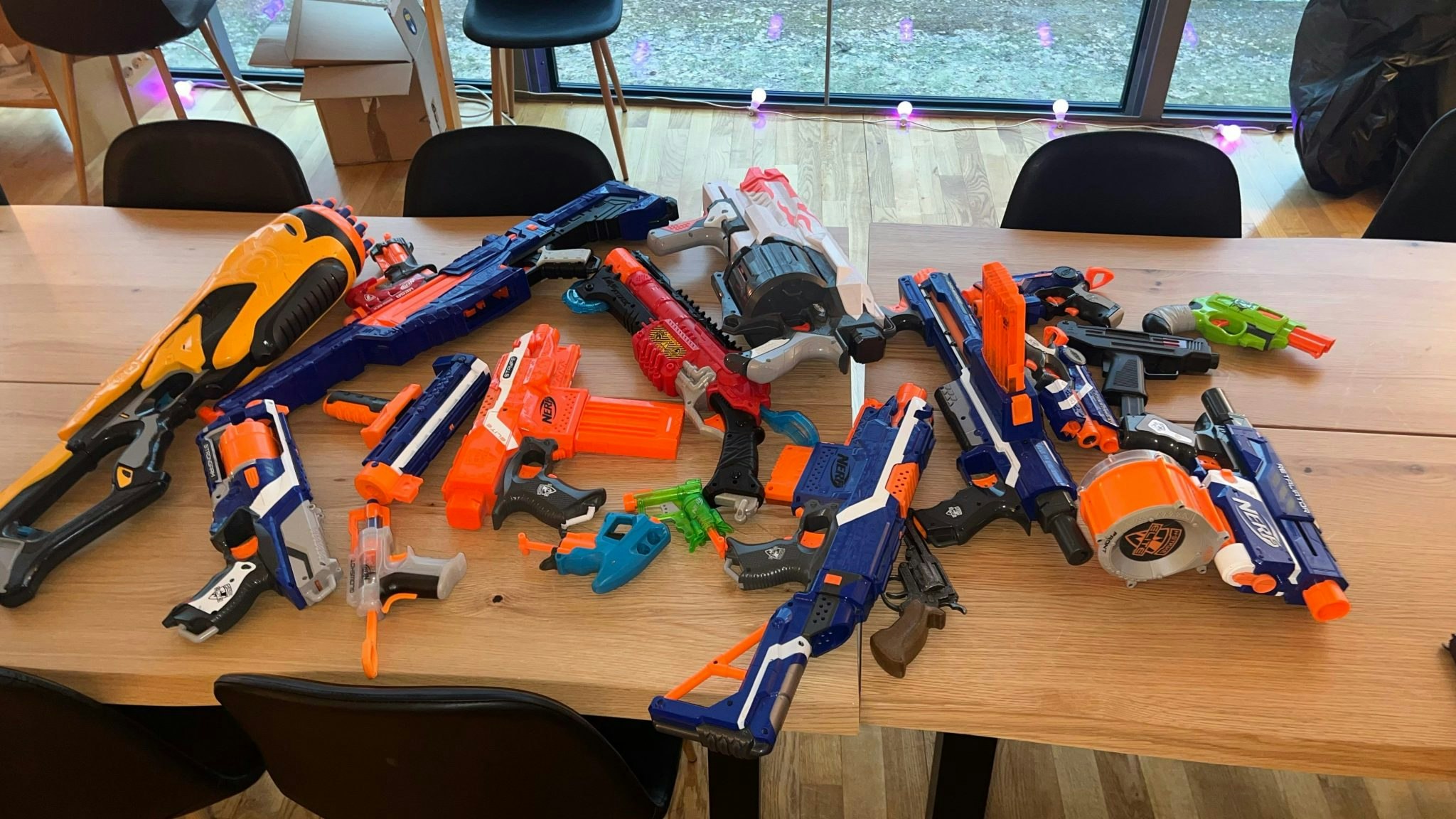There are no strange ideas in Finland.
In a country where competitive wife-carrying, mobile phone-throwing and swamp football are time-honoured traditions, pitching your startup from a hole in the ice doesn’t seem so unusual.
Now that same wacky spirit has spawned a new, even wilder offshoot to the hacker house: Welcome to the Hacker Hotel.
This tech bootcamp, which admitted its first batch of aspiring entrepreneurs last month, is located on Aalto University’s campus in Espoo, about 15 miles west of Helsinki.
There are few rules for residents. The hotel provides what it says are six essentials to get the synapses firing: a roof over your head, 34 inch computer monitors, LED lights (presumably to brighten up an arduous all-nighter), food, caffeine and nicotine. As this is Finland, there’s also a sauna.
After that, it’s up to you. There are no classes: anyone admitted to the FR8 programme is free to do as they please, so long as their aim is higher than creating business-to-business software.
“You might think: ‘Why even come to Finland?’ But with dark, freezing winters, ice-cold sea plunges in the morning, and people who treat small talk like a mortal sin, it’s great for concentration levels,” says Ernesti Sario, one of two university dropouts running FR8, who tells Sifted he dreams of some day starting his own asteroid-mining company.
He’s joined by another 20-something dropout named Nantte Kivinen. The two have bankrolled the hotel with €270k in sponsorship funds from two Finnish VCs, Lifeline Ventures and Maki. The local government of Espoo and the CEO of gaming unicorn Supercell have also chipped in.
Beyond describing its residents as “mavericks,” the young pair are secretive about the first batch of FR8 participants and what they’re working on. “We have a guy from Nigeria who moved to the US and worked at NASA and Microsoft,” is about the only clue Sario will give.
Hacker houses sprung up in Silicon Valley over 10 years ago so entrepreneurs could live and work in close quarters to each other in exchange for cheaper-than-usual rent. The concept later found roots in Europe.
The FR8 programme — which is free — has a strict age limit (you must be between 16 and 28) which has annoyed at least one commenter on X, who complained it was discriminatory. “We’re trying to reach people who haven’t yet realised their potential,” says Sario. “Plus we’re 20-something-year olds: we’re not sure what we’d be able to teach a 35-year old.”
Really, it was a miracle the hotel happened, says Sario. With just four days before the first cohort was due to arrive, the hotel still had no furniture or internet. “We had to quickly furnish the place with a budget of less than €20k.”
The 0.01% hit
What does everyone do at the hotel when they’re not working?
There are group morning sea dips but otherwise “there isn’t much downtime,” says Kivinen. “We might have the occasional dinner. It’s nice to have some people you can talk to about neural networks.”

Sario and Kivinen are the latest young students to dream up tech initiatives in Finland. It was also students in Espoo that created Startup Sauna, a co-working hub, and Slush, a startup conference that grew into the largest event of its kind in northern Europe.
This is a trial year for the hotel. The first batch of founders-in-waiting will stay until April 8, then the summer cohort will bunk together from May-August.
The programme promises to be less rule-bound than similar initiatives. Unlike startup-building school Y Combinator, for example, FR8 will not take equity stakes in ventures that emerge from the hotel. “Because we’re not really an accelerator. We don’t force people to do anything here. There’s no demonstration day at the end of the programme,” says Sario.
He talks about finding “the 0.01% hit. We’re interested in moonshots,” he says. “If we take in 1,000 people over 10 years, one of these will create the next Google.”
He hopes the hotel can provide fresh energy to a tech scene that he feels has tailed off. “We had a lot of early hype for Finnish companies like [speedy delivery outfit] Wolt and Supercell. But our economy hasn’t grown in years.”
Read the orginal article: https://sifted.eu/articles/hacker-hotel-europe-trillion-dollar-company/


